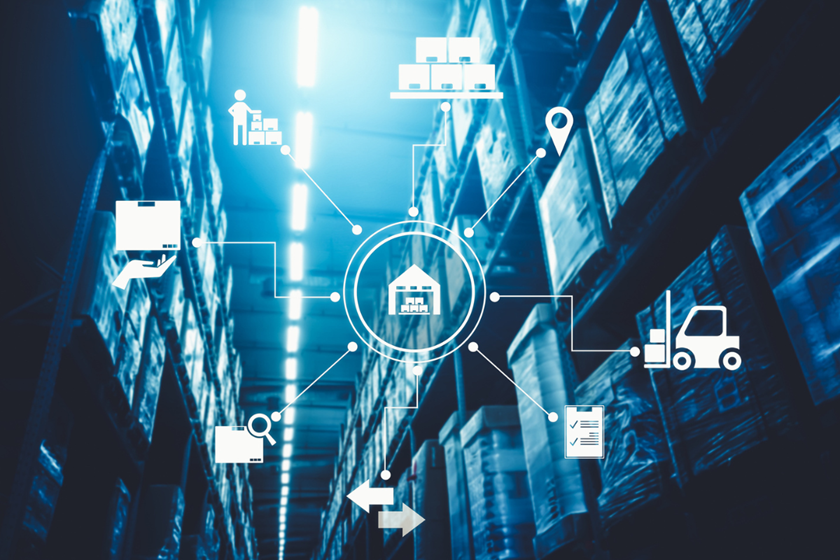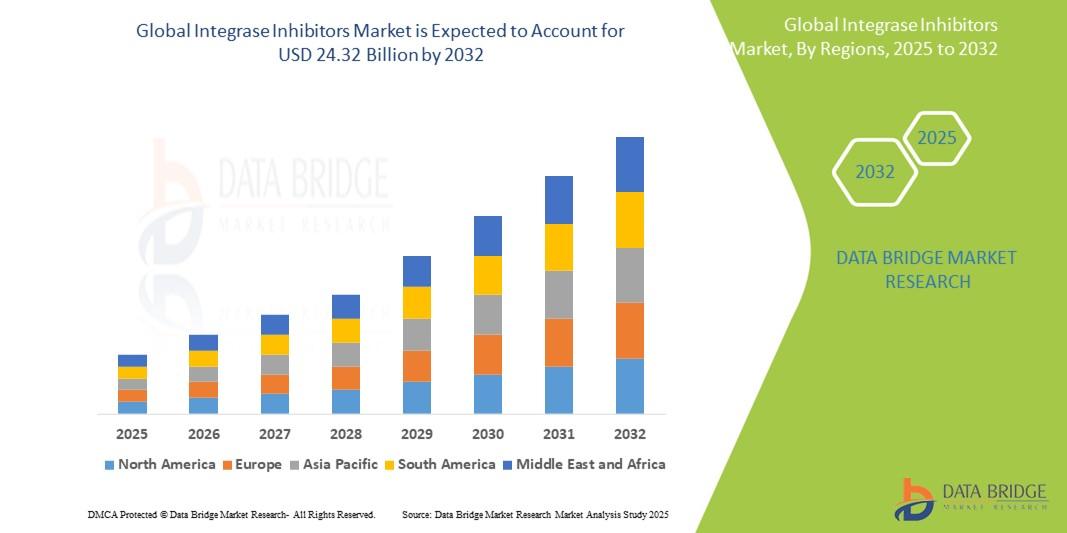Supply Chain News: Blockchain Adoption Gains Ground in Global Trade

In recent years, blockchain has moved beyond hype into real-world deployment—in particular, as a technology supporting global trade and logistics. The latest supply chain news shows that blockchain adoption is gaining traction in trade finance, shipping, provenance tracking, and cross-border documentation. As trust, transparency, and efficiency become more critical in supply chains, blockchain is emerging as one of the most promising enablers of next-generation supply networks.
Why Blockchain Makes Sense in Global Trade
Several structural challenges in global supply chains make blockchain an attractive solution:
-
Fragmented data and trust gaps: Many participants (manufacturers, logistics providers, customs, banks) use their own systems, making reconciliation slow and error-prone. Blockchain offers a shared, tamper-evident ledger that multiple parties can access.
-
Paper-based trade documentation: Traditional bills of lading and certificates still often travel manually. Blockchain can digitize and automate document workflows, reducing delays and risk of fraud.
-
Traceability and provenance: For goods like food, pharmaceuticals, or high-value items, consumers and regulators demand end-to-end proof of origin and handling. Blockchain can provide an immutable record of custody and condition.
-
Trade finance and risk: Blockchain supports tokenization, smart contracts, and automated settlements, making trade financing more efficient and lowering counterparty risk.
These advantages align with what many supply chain leaders now expect: real-time visibility, auditability, and resilience.
Real-World Deployments and Use Cases
Here are key areas where blockchain is already being adopted in global trade:
1. Shipping & Cargo Management
-
TradeLens: Developed by Maersk and IBM, TradeLens uses blockchain to digitize information across cargo flows, improving transparency and coordination between carriers, ports, and customs.
-
Bills of lading: Platforms like CargoX allow secure, blockchain-based digital transfer of bills of lading, reducing reliance on paper and speeding up settlement.
2. Trade Finance and Digital Trade Networks
-
Marco Polo / R3’s Corda: A blockchain-powered trade finance network linking buyers, sellers, banks and logistics partners. It supports receivables discounting, payment commitments, and reduces friction in trade financing.
-
Blockchain in supply chain finance: The global market is growing rapidly. Some reports estimate it will reach USD 95.3 billion by 2034.
3. Provenance & Sustainability
-
OpenSC: A platform focusing on ethical product tracking (e.g. agricultural goods) by recording verifiable information about product journeys.
-
Luxury goods / product passports: Some high-end brands are working with blockchain to attach immutable product histories to items, combating counterfeiting and improving traceability. (This is more common in fashion/luxury, but the same logic is applicable across supply chains.)
4. Regional Trade & Developing Economies
-
In the Global South, blockchain frameworks are proposed to help improve trust, reduce fraud, lower transaction costs, and bring smaller suppliers into global value chains.
Benefits Gaining Traction
As blockchain use widens, several concrete benefits are being observed in supply chain deployments:
-
Reduced administrative overhead: Less duplication of paperwork, fewer reconciliations, and fewer errors in documentation.
-
Faster customs clearance: Because data is pre-verified and immutable, customs authorities can process shipments faster.
-
More efficient trade finance: Smart contracts automate payment triggers based on pre-defined conditions (e.g. delivery confirmation), reducing delays.
-
Trust and auditability: All participants can trace a product’s journey without any single party controlling all data, improving security and accountability.
-
Greater market inclusion: Small and medium suppliers in remote regions can join global trade with verified credentials and transparent data.
One eye-opening metric: the World Economic Forum forecasts that blockchain in shipping could enable cost savings of up to 20 % of total physical transportation costs.
Challenges That Still Impede Widespread Adoption
While momentum is building, blockchain adoption in trade still faces hurdles:
-
Scalability and throughput: Global trade requires handling massive transaction volume; many blockchain platforms struggle with scale.
-
Interoperability: Different blockchain systems or permissioned networks may not communicate, complicating cross-platform trade.
-
Data privacy and confidentiality: Parties hesitate to share sensitive business data (e.g. costs, margins) on shared ledgers. Solutions like zero-knowledge proofs are being researched.
-
Regulatory and legal frameworks: Digital documents and smart contracts must be recognized legally across jurisdictions.
-
Adoption reluctance: Incumbent firms may resist sharing control or exposing practices; legacy systems and contracts also impede quick adoption.
These issues remain active areas of development and pilot testing.
What to Watch Next
In the coming years, supply chain news is likely to highlight developments such as:
-
Expansion of multi-chain interoperability and standardization efforts to bridge isolated blockchain networks.
-
Growth in hybrid models combining blockchain with IoT, AI, and digital twin systems for more intelligent supply chains.
-
Legal reforms in trade jurisdictions that give digital trade documents and smart contracts legal equivalence to paper documents.
-
Broader rollouts of trade blockchain networks in developing economies to democratize trade participation.
-
Advances in privacy-preserving technology (e.g. zero-knowledge proofs) to protect sensitive data while enabling traceability.
Conclusion
Blockchain is no longer just a buzzword in supply chain circles—it is increasingly transforming how global trade works. The latest supply chain news confirms that blockchain adoption is gaining real traction in shipping, trade finance, provenance, and documentation.
For supply chain leaders, the message is clear: blockchain isn’t a distant future—it’s becoming a foundational layer for trustworthy, transparent, and resilient trade operations. Firms that begin experimenting now, pilot integrative solutions, and build data-sharing ecosystems will be far better positioned when blockchain becomes industry standard rather than optional enhancement.



